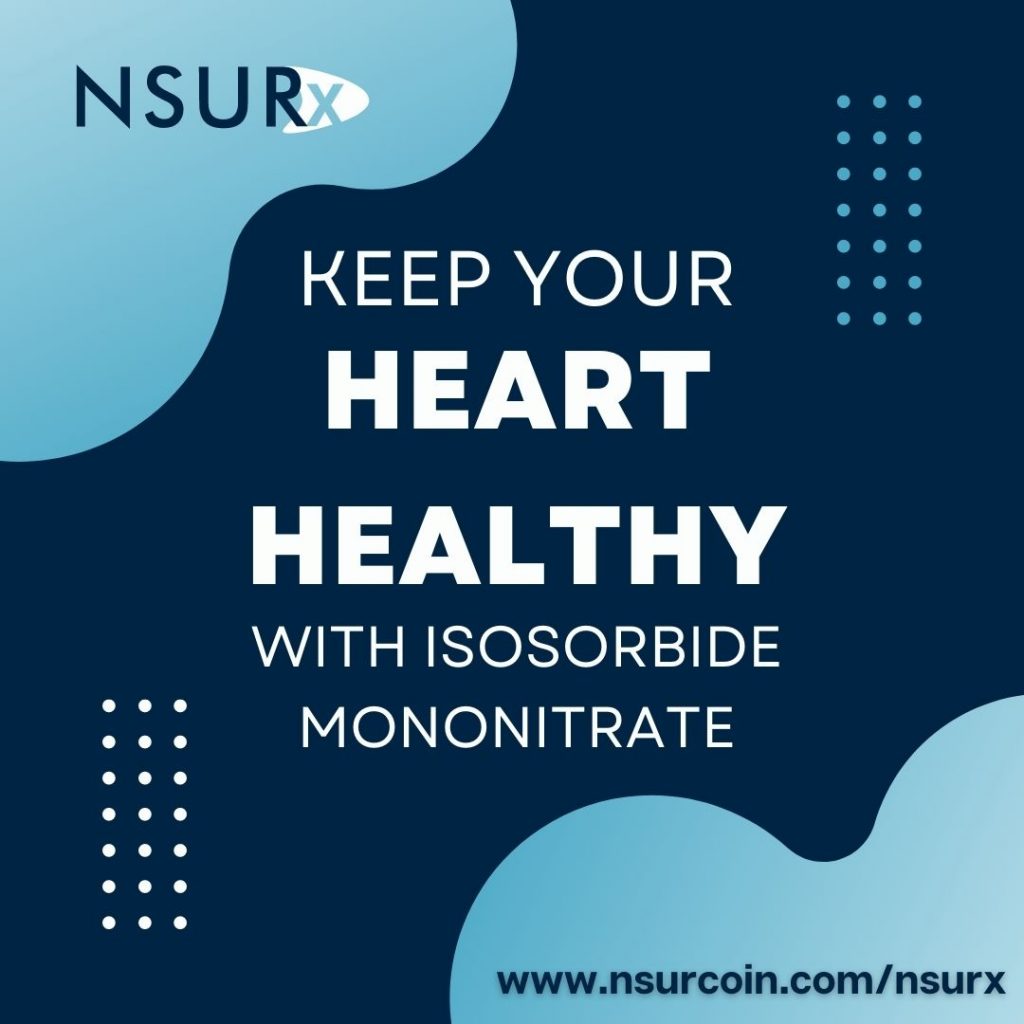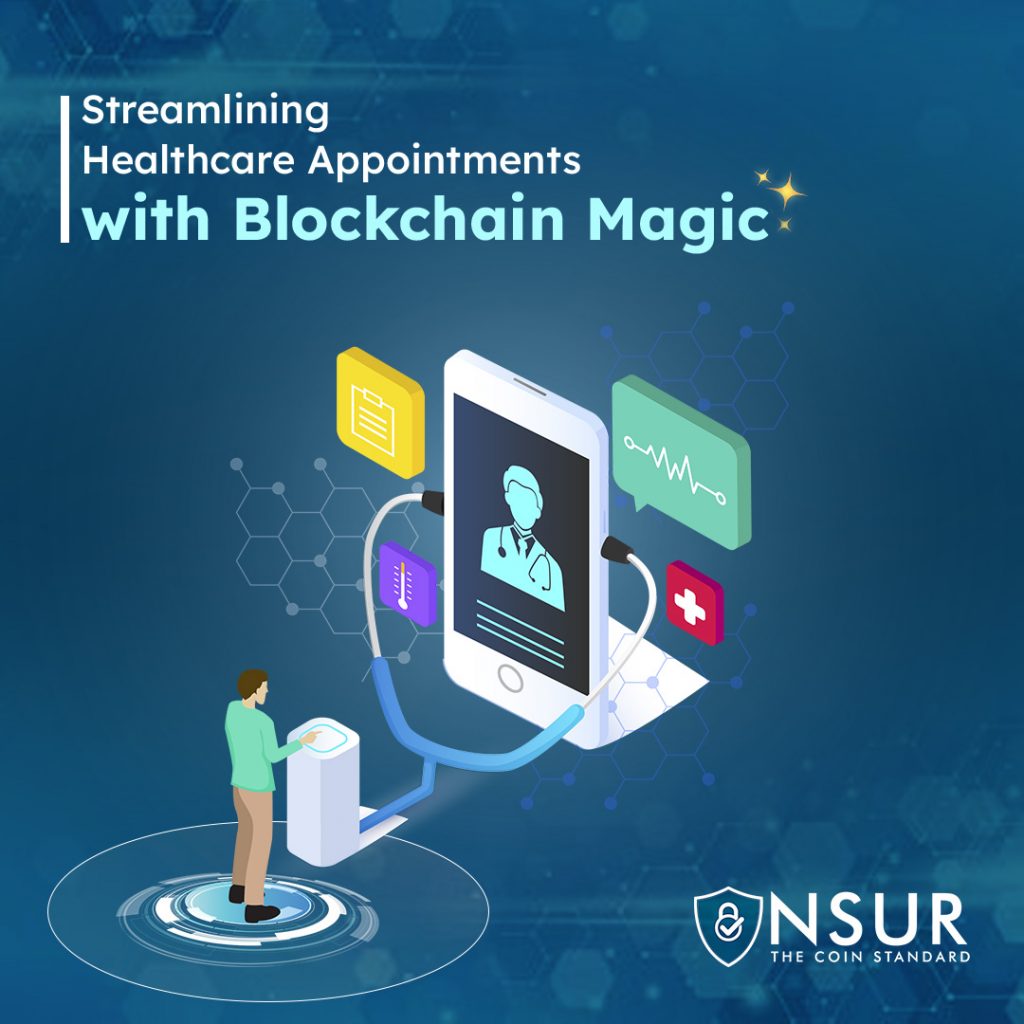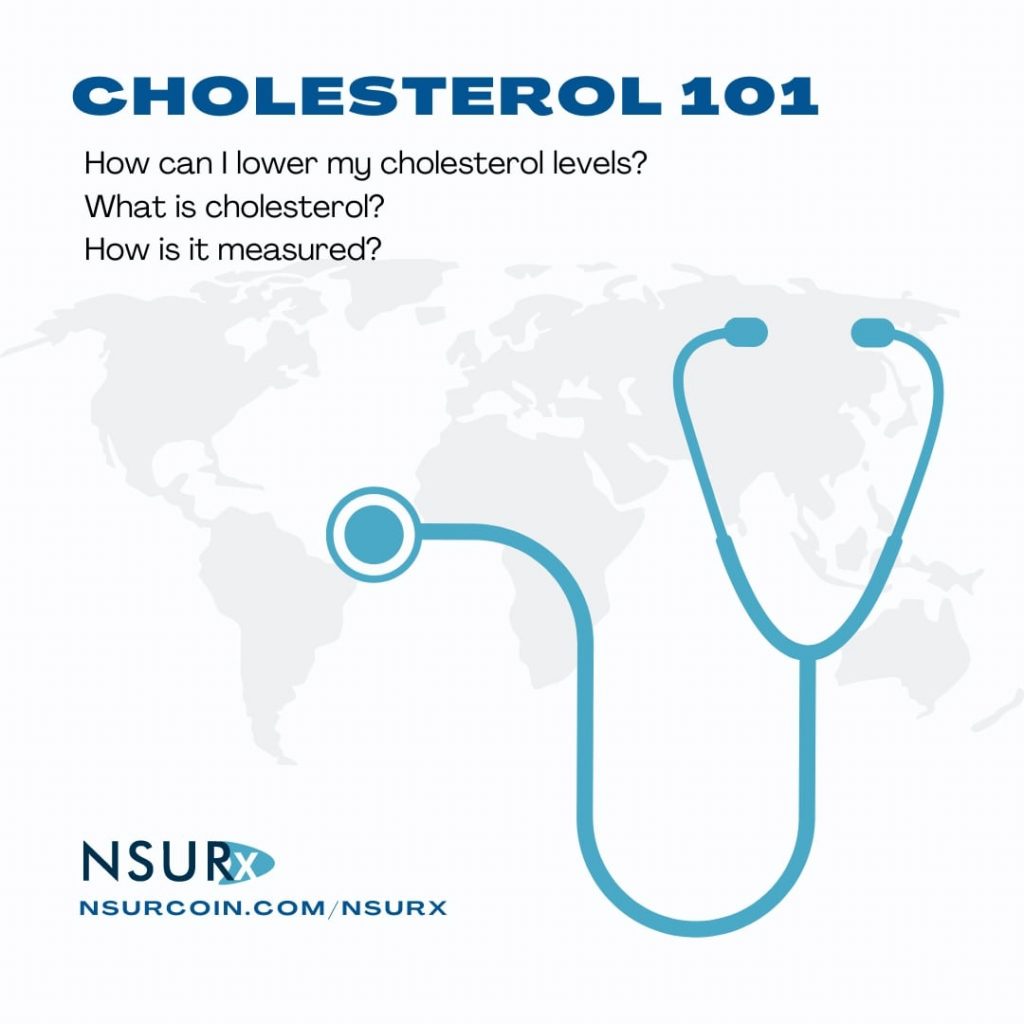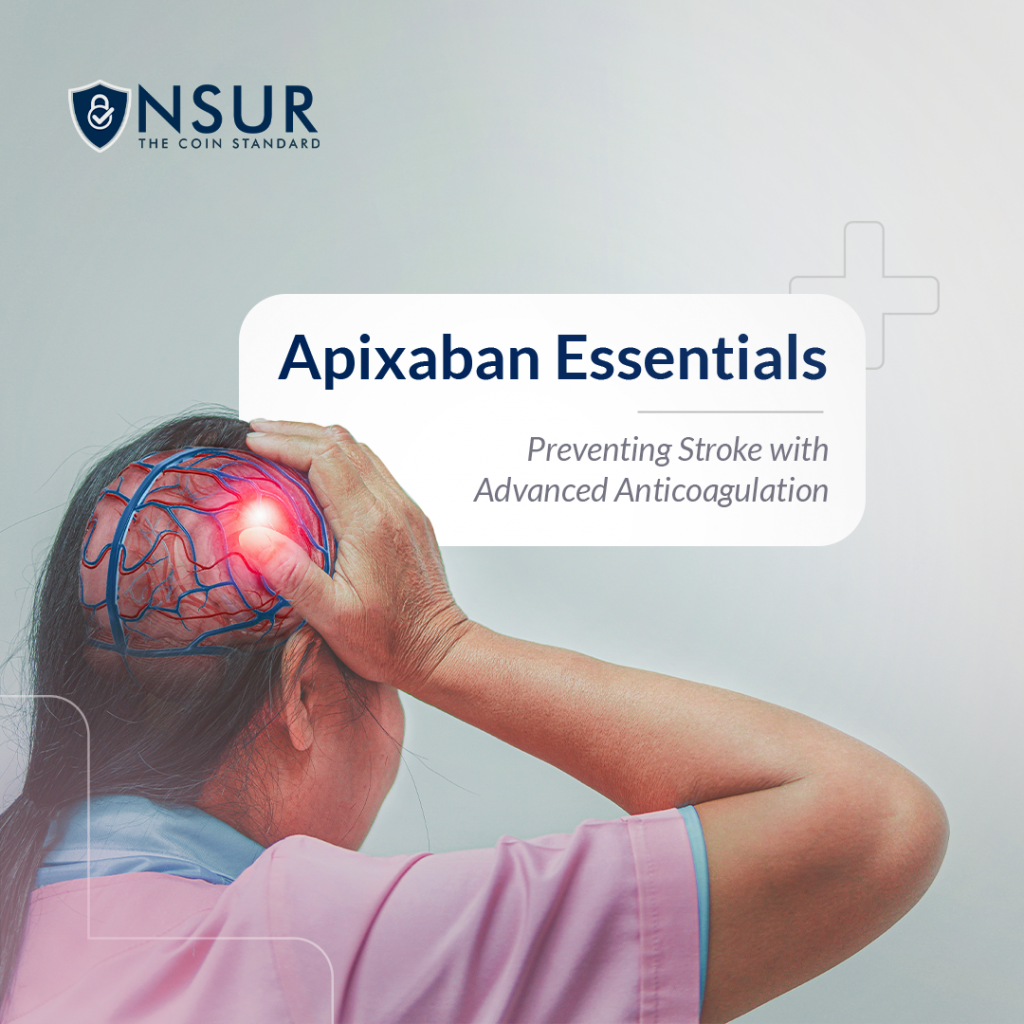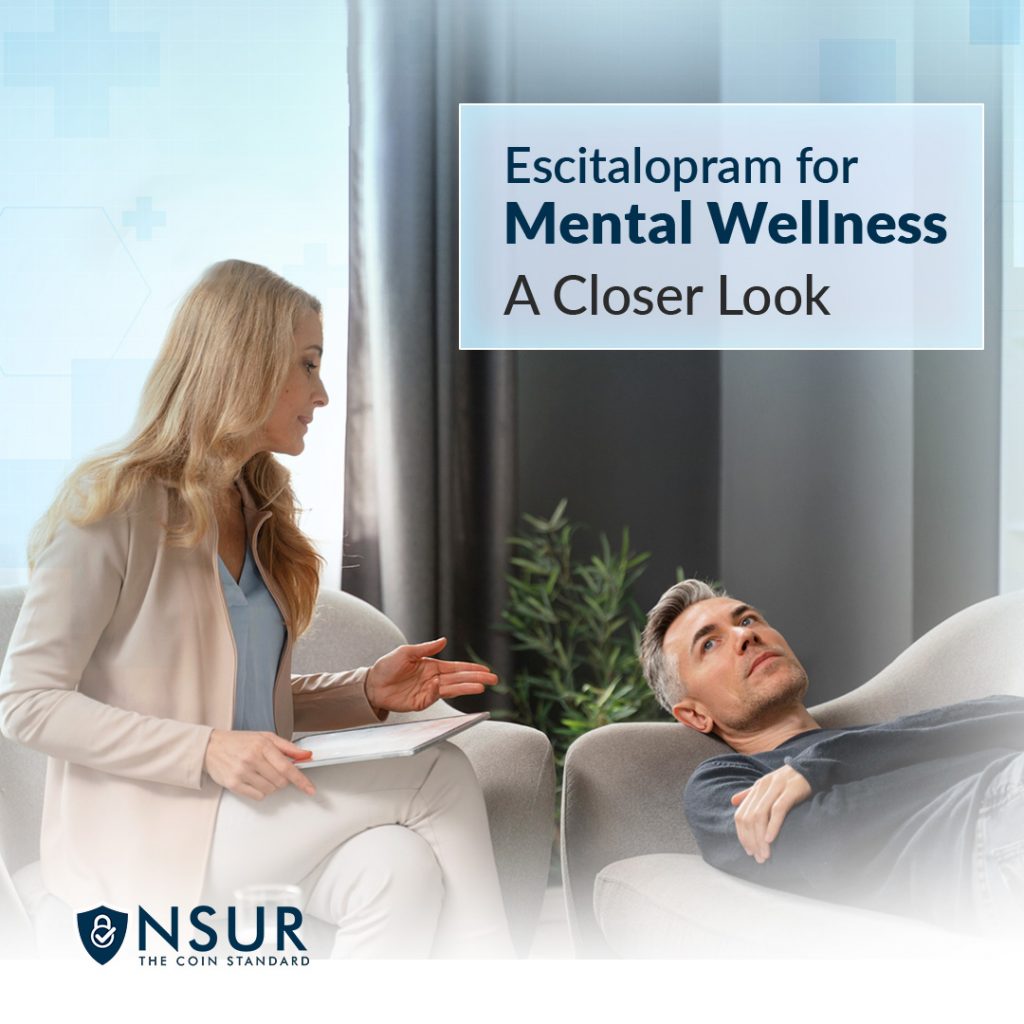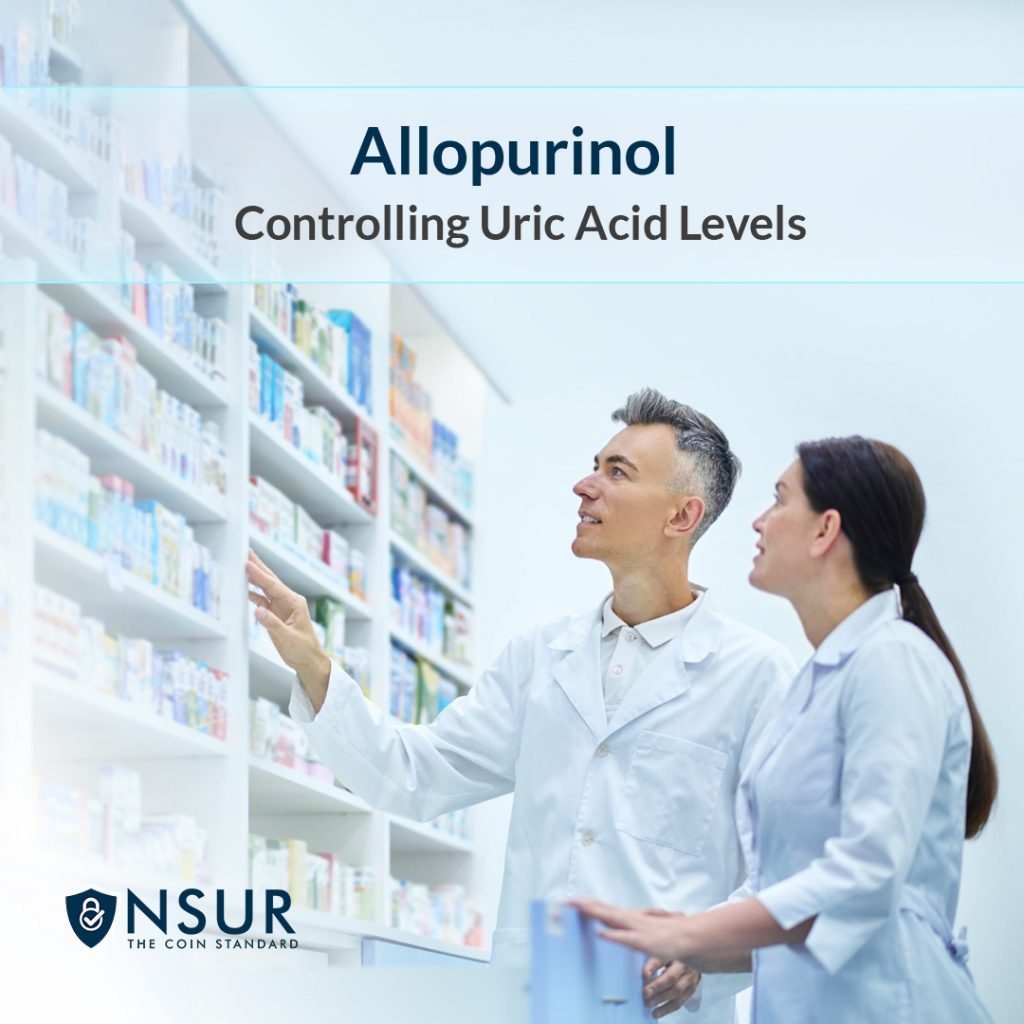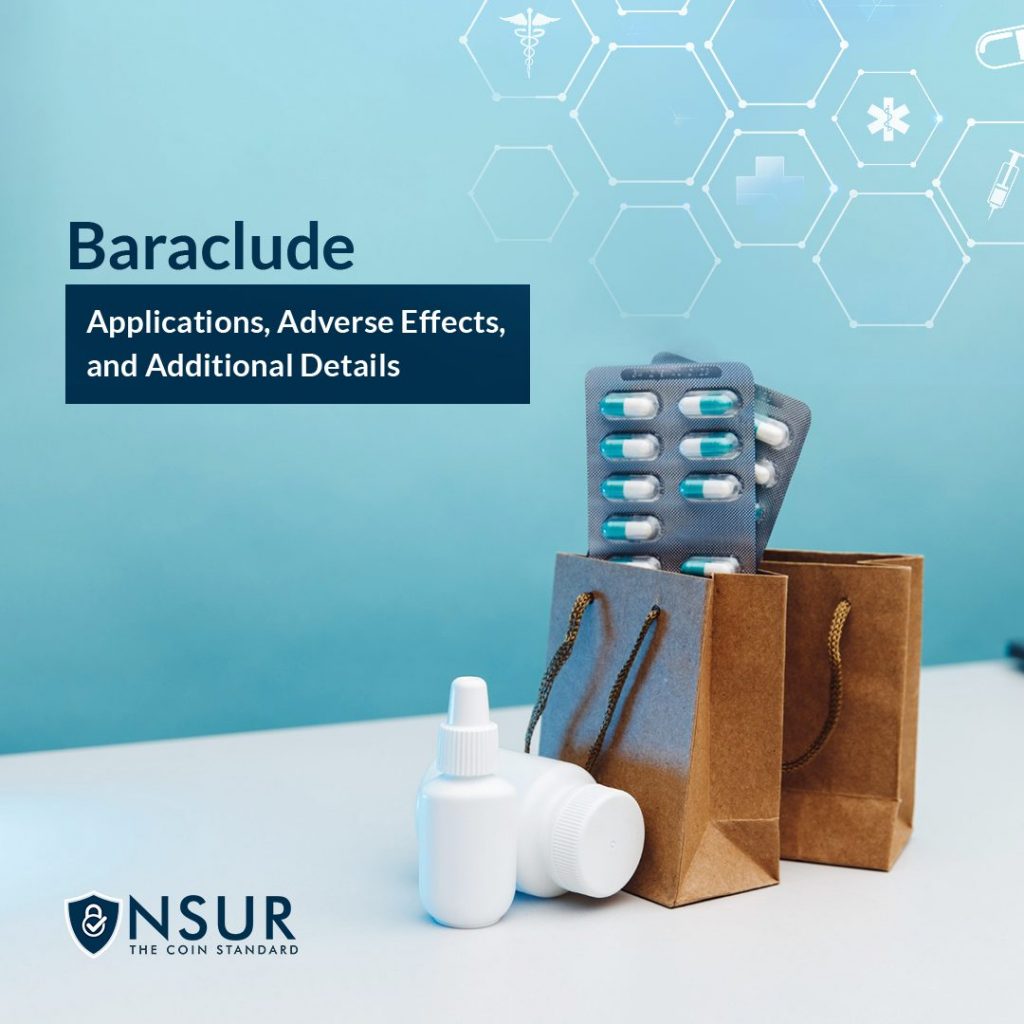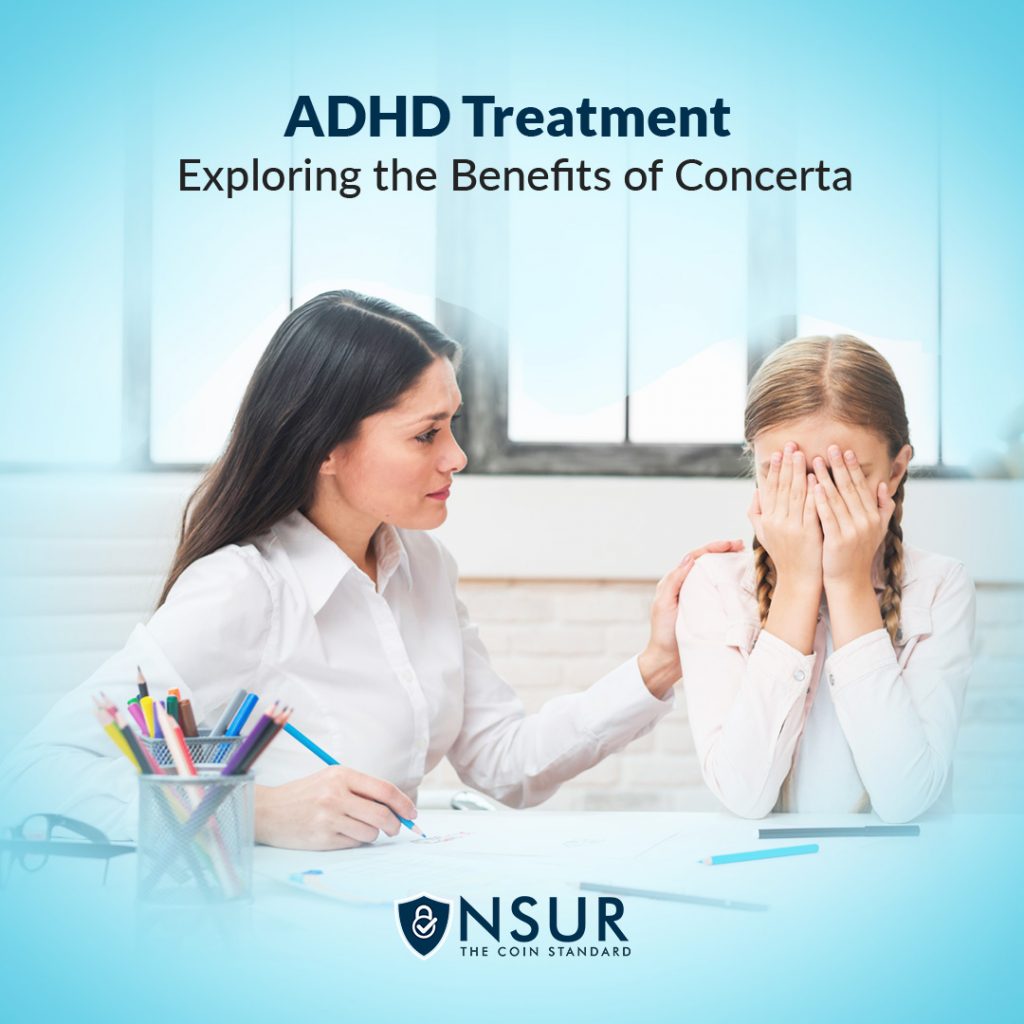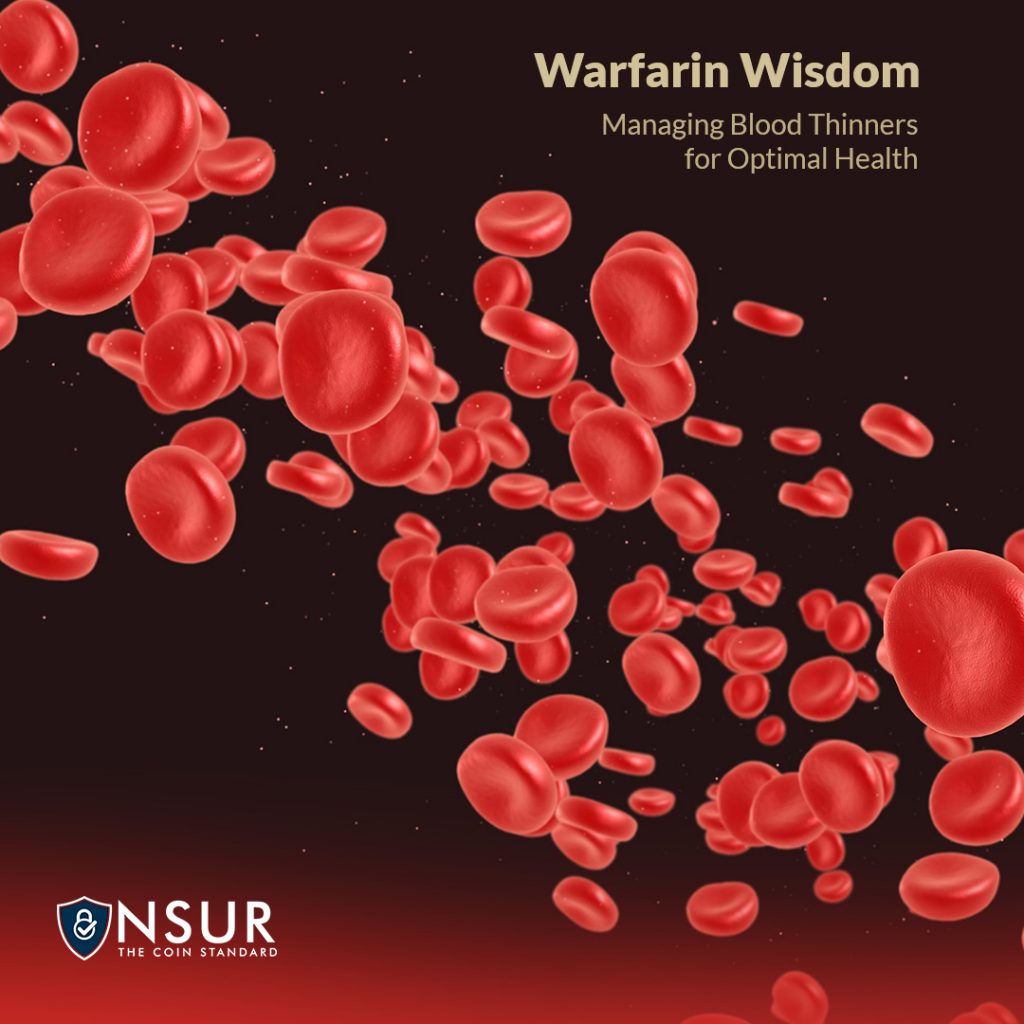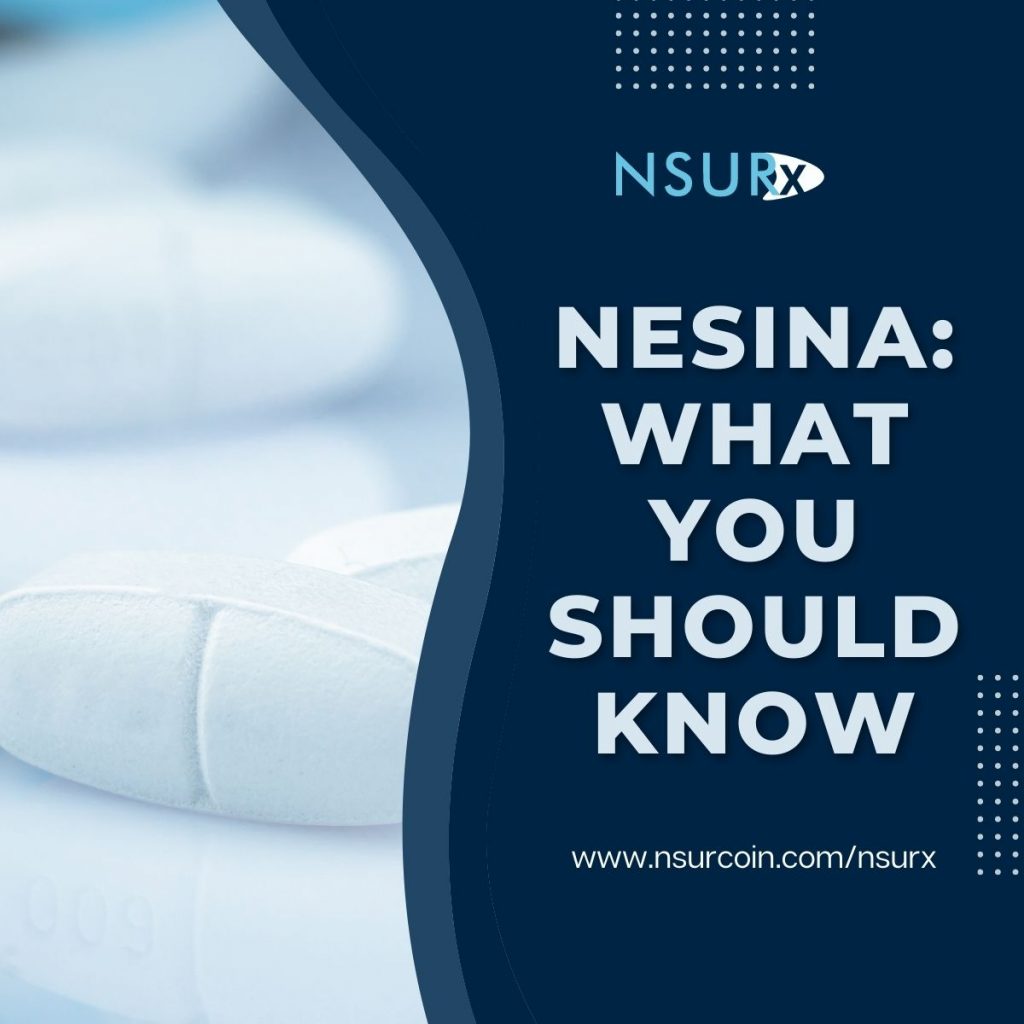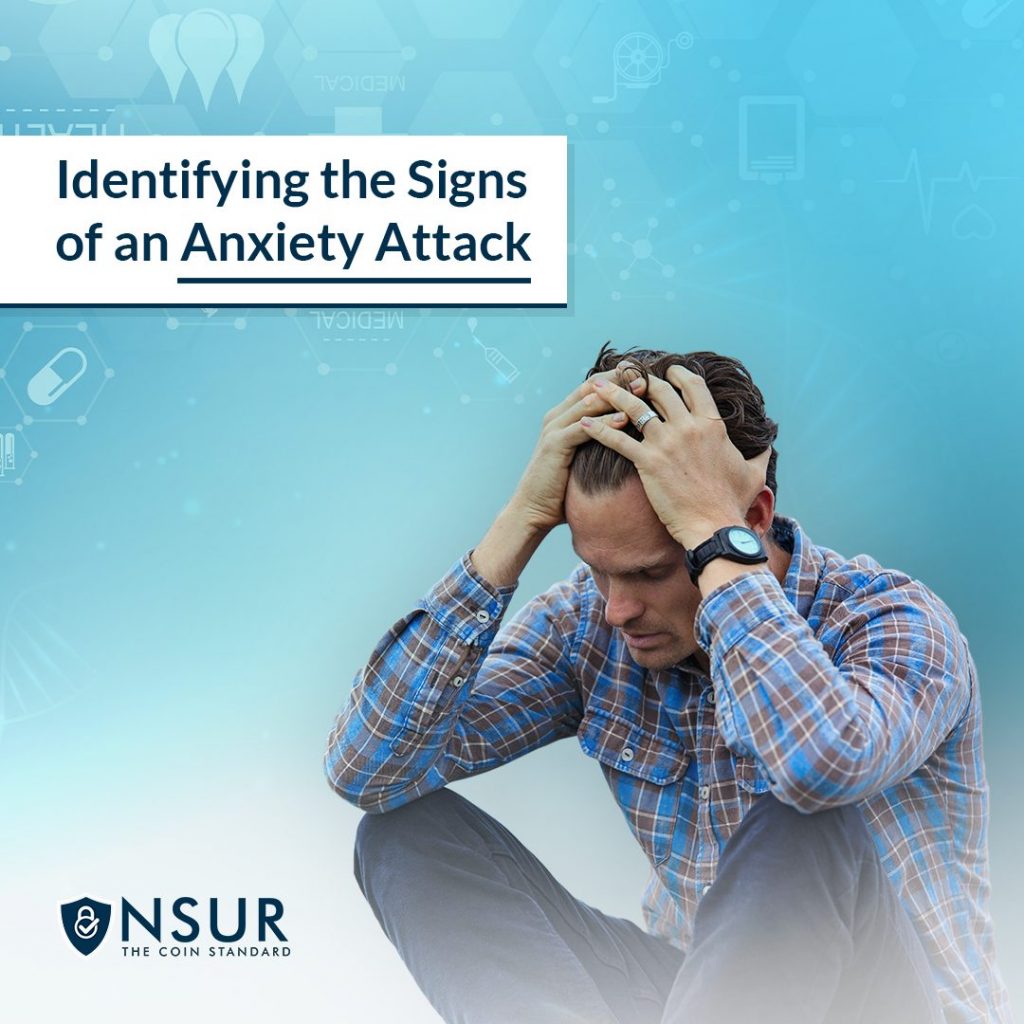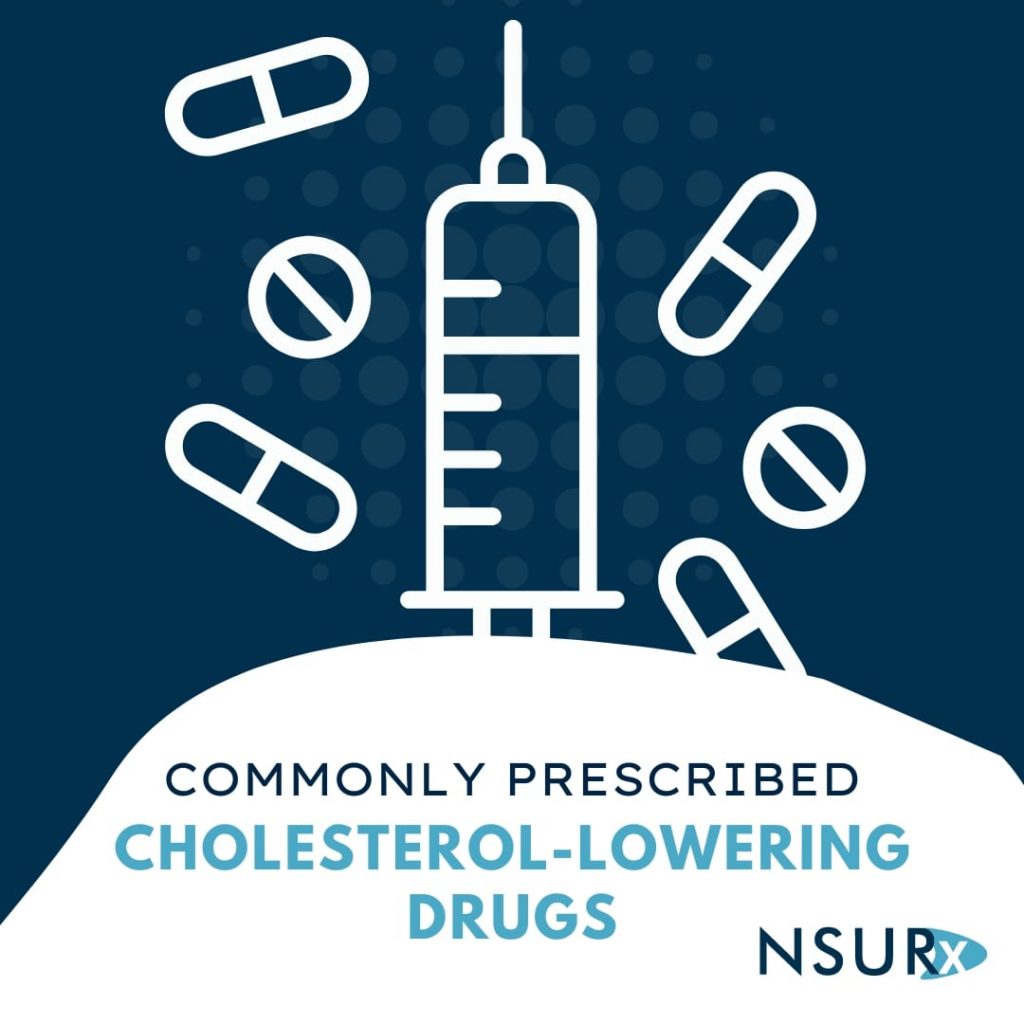
Cholesterol is a fat-like substance found in the cells of your body. Too much cholesterol in the blood can lead to health issues like heart attacks. Medications, along with diet and exercise, can lower cholesterol.
People who have high or excessive blood cholesterol (hypercholesterolemia) are at risk of serious health complications. Healthy diet and exercise may help lower cholesterol levels, but if they don’t fall low enough, your healthcare provider may recommend cholesterol medicine.
Whether you take cholesterol-lowering drugs or are being treated for high cholesterol, understanding the most common types of cholesterol-lowering medications, their uses and potential side effects can help you manage your health.
What is Cholesterol and What Health Risks Does High Cholesterol Pose?
Cholesterol is a fat-like substance that is found in the cells of the human body.
Cholesterol is necessary for the production of hormones, vitamin D, and digestive aids. However, if you have too much cholesterol in your blood, it can form plaque that sticks to the walls of your arteries.
When this happens, you’re more likely to develop cardiovascular disease. Coronary heart disease, stroke, and peripheral vascular disease are all examples of cardiovascular disease. High cholesterol levels are also linked to diabetes and high blood pressure.
What Causes High Cholesterol?
Having too much cholesterol in your blood is known as high cholesterol. Eating fatty foods, not exercising enough, being overweight, smoking, and consuming alcohol are common reasons people struggle with high cholesterol.
There could also be a genetic component at play, as high cholesterol levels can run in your family.
How Can I Reduce Health Risks from High Cholesterol?
For many people with high cholesterol, altering one’s way of life is an effective way to reduce their bad cholesterol (also known as Low-density Lipoproteins, or LDL). One should limit their intake of saturated and trans fats, avoid cigarettes, and increase their level of physical activity.
High cholesterol medications, on the other hand, are necessary for some people. For example, dietary changes alone may not be enough to lower LDL cholesterol in people with familial hypercholesterolemia (FH), a condition in which high cholesterol is passed down in families.
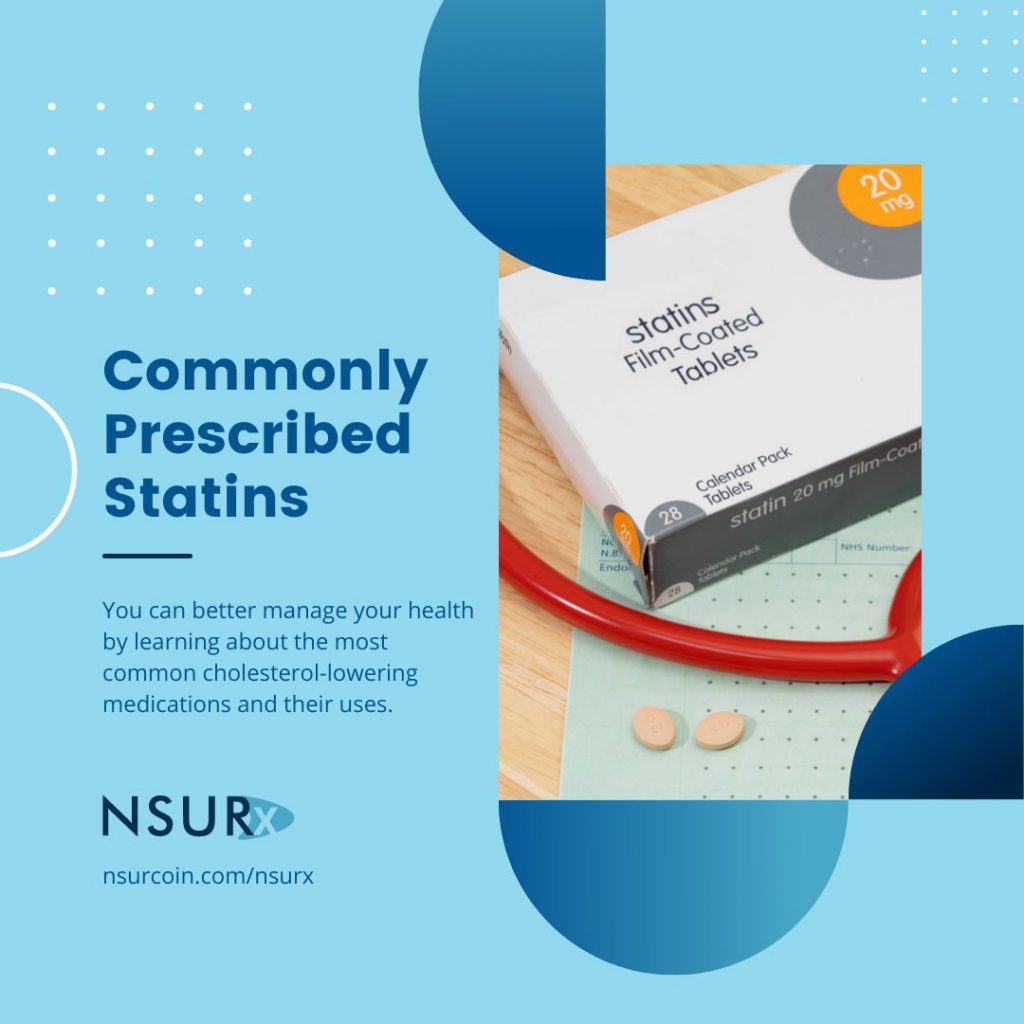
Cholesterol-lowering medications come in a variety of forms. These include:
- Statins
- PCSK9 Inhibitors
- Niacins
- ATP Citrate Lyase (ACL) Inhibitors
Statins
Statins prevent the buildup of plaque in your arteries. This can help reduce the risk of a heart attack in the long term.
When it comes to lowering bad cholesterol, doctors typically start with these medications first. They also reduce triglycerides, another type of blood fat, and slightly raise your “good” cholesterol (also known as High-density Lipoproteins, or HDL). HDL is responsible for removing cholesterol from the blood and returning it to the liver for processing. The liver then flushes it out of the system.
Statins include:
- Atorvastatin (Lipitor)
- Fluvastatin (Lescol)
- Lovastatin
- Pitavastatin (Livalo)
- Pravastatin (Pravachol)
- Rosuvastatin calcium (Crestor)
- Simvastatin (Zocor)
Side effects: Irritable Bowel Syndrome is a common complication, as is liver disease (rarely). Statins may increase the risk of high blood sugar and type 2 diabetes, but the FDA says the benefits outweigh the risks. The risk is only 1 in 250 people taking statins.
PCSK9 Inhibitors
These medications are prescribed to those who are unable to control their cholesterol levels through diet and statins. As a result, they help the body remove LDL from the bloodstream by blocking a protein called PCSK9.
PCSK9 Inhibitors include:
- Alirocumab (Praluent)
- Evolocumab (Repatha)
Side effects: These newer drugs will take longer to learn about their side effects, as they are less well-known. Itching, swelling, pain, and bruising at the injection site are the most common side effects of Alirocumab in clinical trials. Colds, flu, back pain, and skin reactions are all possible side effects of Evolocumab.
Niacins
Nicotinic acid, another name for this B vitamin from the family of B vitamins, can be obtained over-the-counter in high doses from a doctor. In addition to lowering LDL cholesterol, it raises HDL cholesterol.
Niacins include:
- Niacin (Niaspan)
- Niacor
Side effects: Flushing, itching, tingling, and a headache are the most common side effects.
ATP Citrate Lyase (ACL) Inhibitors
Excess cholesterol is prevented from being metabolized by Bempedoic (Nexletol). Adults with Heterozygous Familial Hypercholesterolemia (HeFH) may benefit from taking this medication. People with atherosclerotic cardiovascular disease can also benefit from HeFH because it lowers their LDL cholesterol (ASCVD).
ACL Inhibitors include:
- Bempedoic acid (Nexletol)
- Bempedoic acid/ezetimibe (Nexlizet)
Side effects: Muscle spasms, excess uric acid in the blood, back pain, belly pain or discomfort, bronchitis, anemia, and elevated liver enzymes are all symptoms of an upper respiratory tract infection.
Get Discounts on Cholesterol-Lowering Drugs with NSURx
Out of pocket costs for common cholesterol medication are not cheap – they can vary from $29.95 up to $500 USD!
However, with the NSURx Prescription Benefit Card, you can shop at over 35,000 pharmacies in the US to get cholesterol prescription medications at a lower cost.
You can save up to 80% on the cost of your cholesterol medication by using an NSURx card.
Additionally, the more you shop with NSURx, the more NSUR Coin you will earn. You can then use those tokens to purchase other health and wellness products inside of our online shopping platform.
